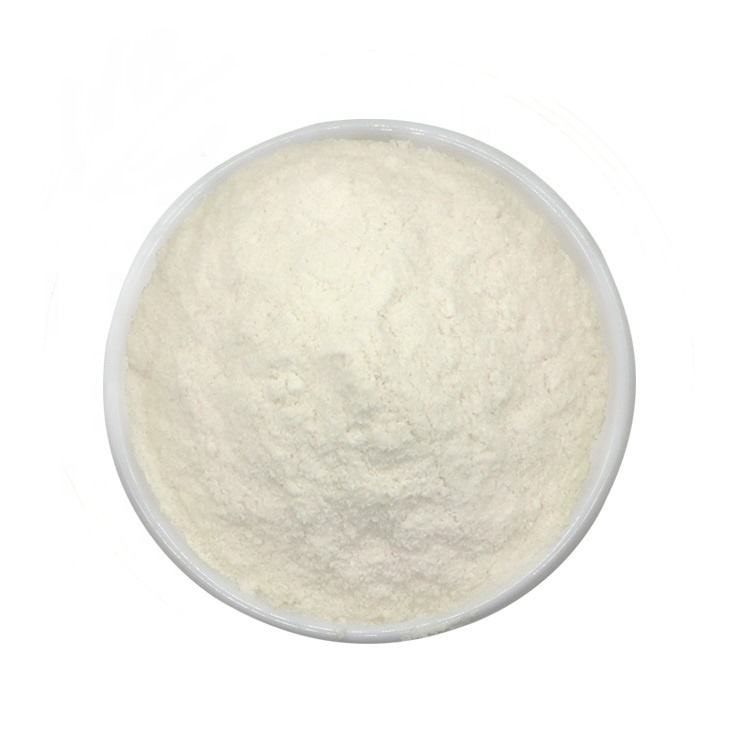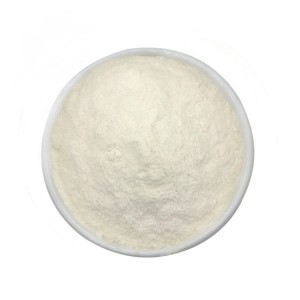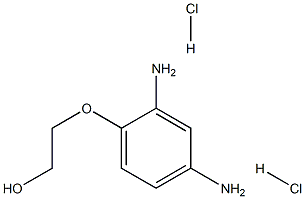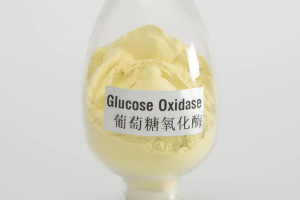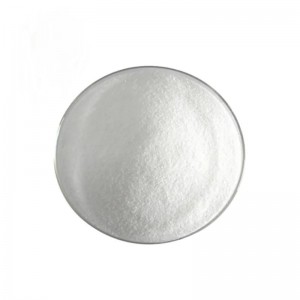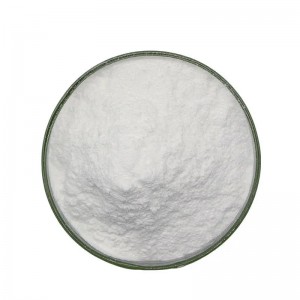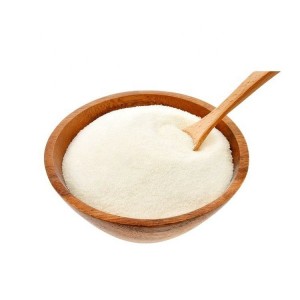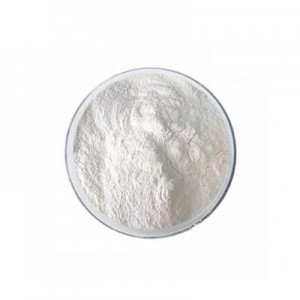| Basic Information | |
| Product name | Xanthan gum |
| Grade | Food/Industrial/Medicine grade |
| Appearance | Off-white to Light Yellow Powder |
| Standard | FCC/E300 |
| Shelf life | 2 years |
| Packing | 25kg/bag |
| Condition | Kept in dry, cool, and shaded place with original packaging, avoid moisture, store at room temperature. |
Product description
Xanthan Gum is a long chain polysaccharide, which is made by mixing fermented sugars (glucose, mannose, and glucuronic acid) with a certain kind of bacteria. It is mainly used to thicken and stabilize emulsions, foams, and suspensions.
Xanthan gum is widely used as a food additive to control the rheological properties of a wide range of food products. In manufacturing, xanthan gum is used as a thickening and stabilizing agent in toothpastes and medicines. It is used to make medicine for lowering blood sugar and total cholesterol in people with diabetes. It is used as a laxative. Xanthan gum is sometimes used as a saliva substitute in people with dry mouth.
Function and Application
1. The field of food
Xanthan gum can improve the texture, consistency, flavor, shelf life and appearance of many foods. It is often used in gluten-free cooking because it can provide the elasticity and bulkiness that gluten gives traditional baked goods.
2. The field of cosmetics
Xanthan gum is also found in many personal care and beauty products. It allows these products to be thick, but still flow easily out of their containers. It also allows solid particles to be suspended in liquids.
3.Industrial field
Xanthan gum is used in many industrial products because it can withstand different temperatures and pH values, adhere to the surface and thicken the liquid, while maintaining good fluidity.
Health benefits of xanthan gum
While very few in number, some research studies have actually uncovered that xanthan gum may have substantial health benefits.
According to a 2009 article published in the journal International Immunopharmacology, for example, xanthan gum was shown to have cancer-fighting properties. This study evaluated the oral administration of xanthan gum and discovered that it “significantly retarded tumor growth and prolonged survival” of mice inoculated with melanoma cells.
Xanthan gum-based thickeners were also fairly recently found to help oropharyngeal dysphagia patients swallow because of increased viscosity. This is a condition in which people have a difficulty emptying food into the esophagus because of abnormalities in muscle or nerves.
Common in stroke victims, this use can help people considerably because it can aid aspiration. Interestingly, this increased viscosity can help reduce blood sugar spikes when xanthan gum is mixed with fruit juice.

